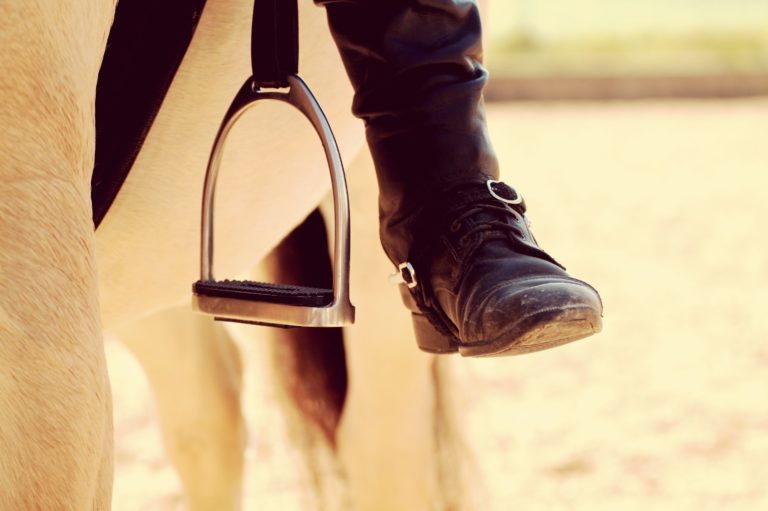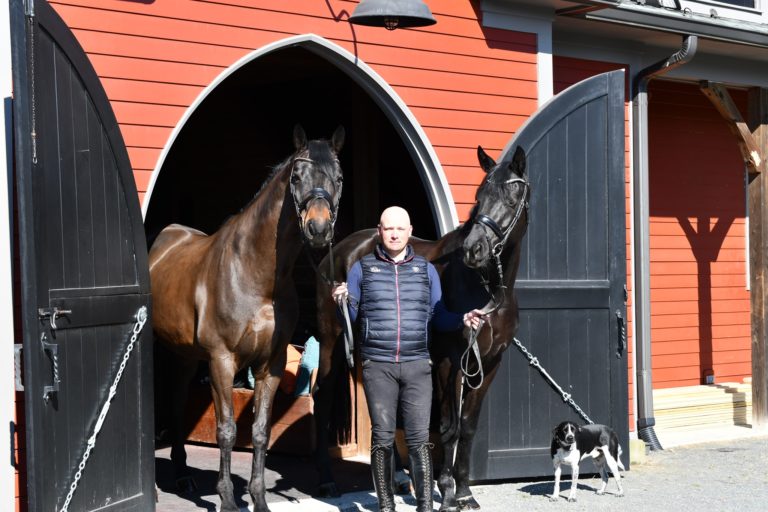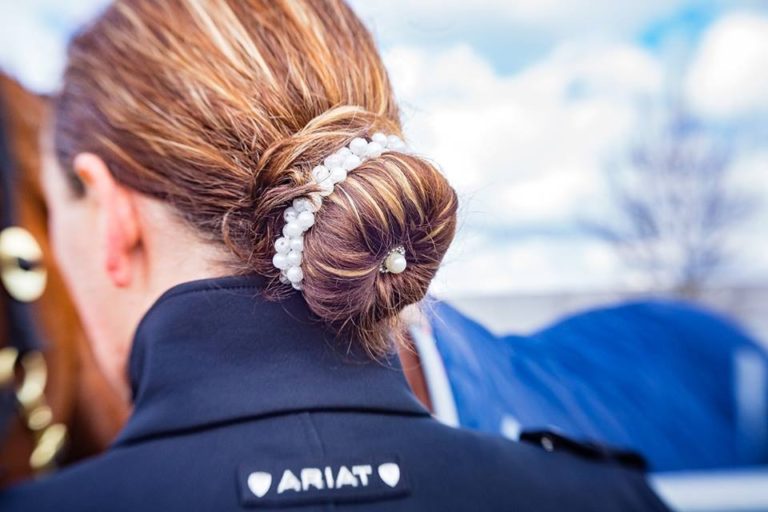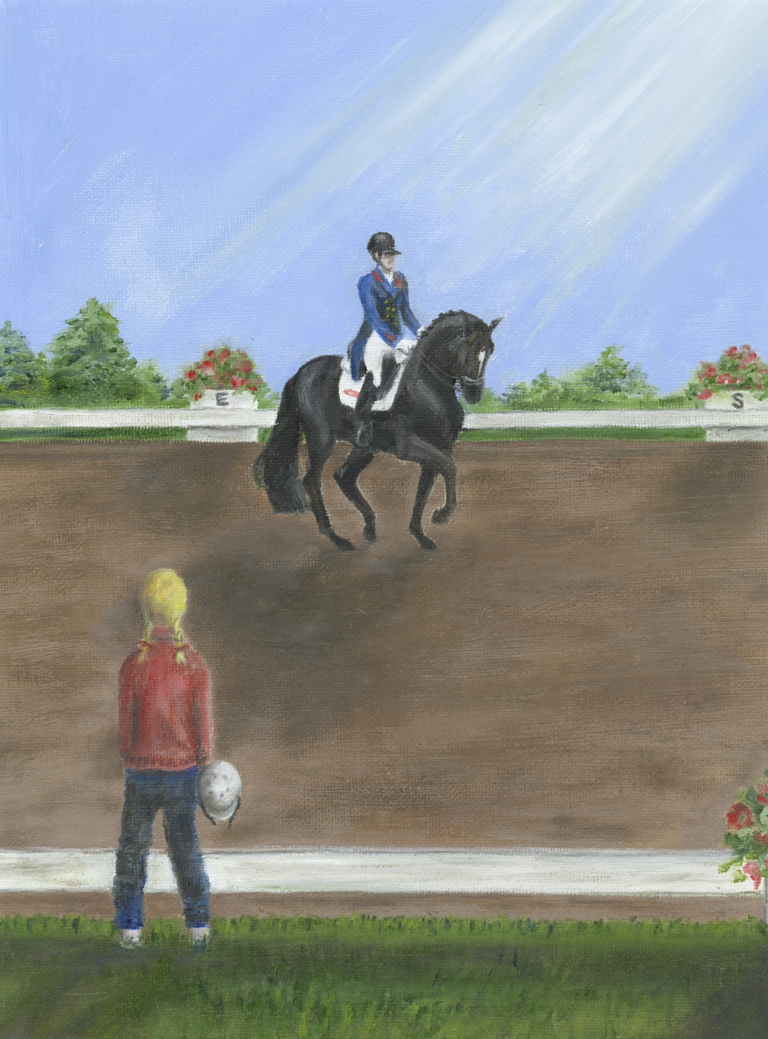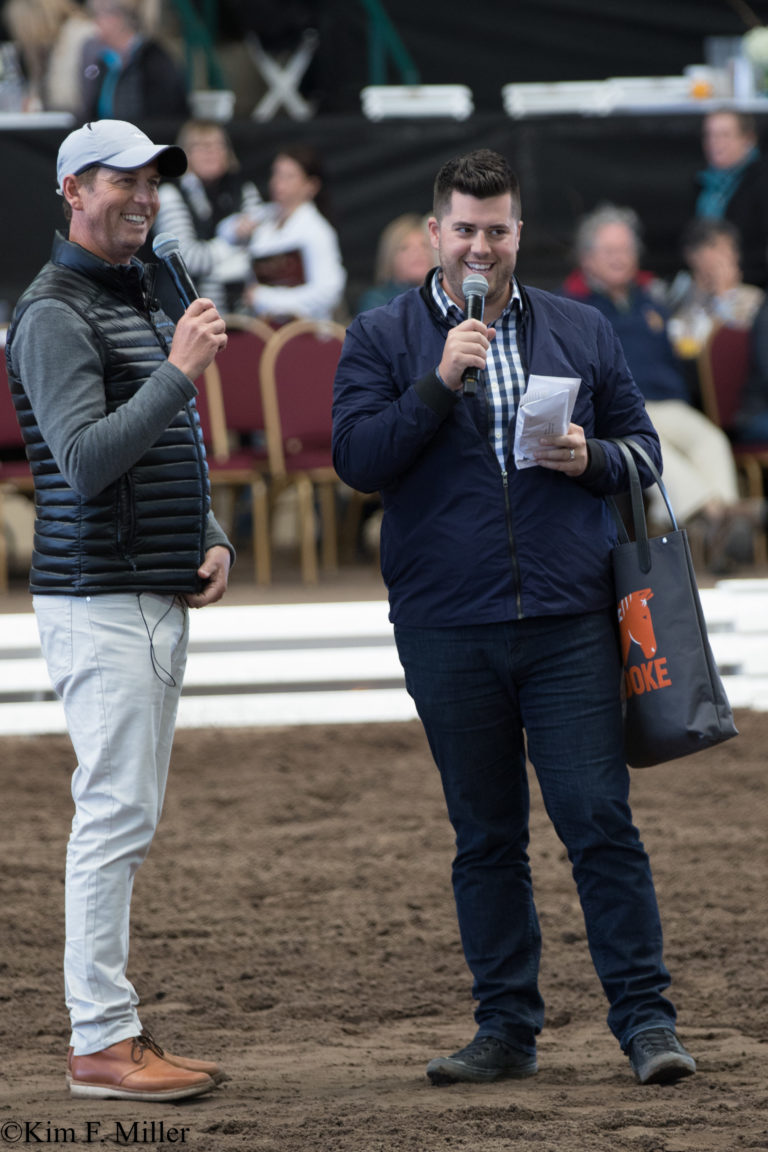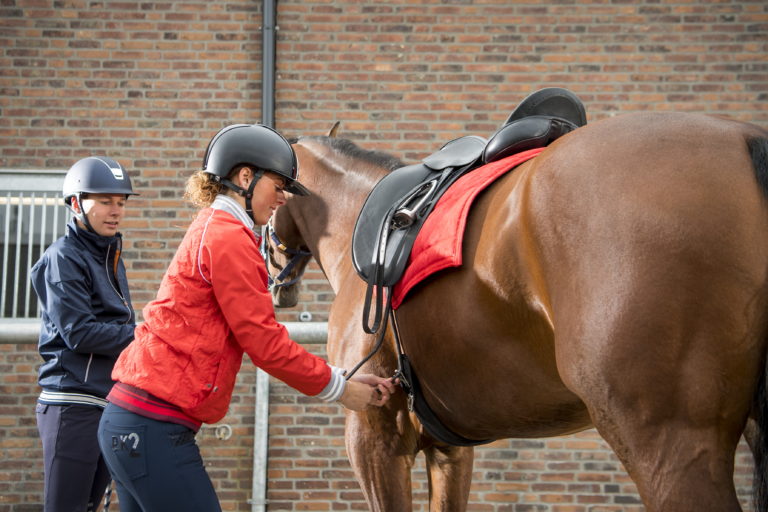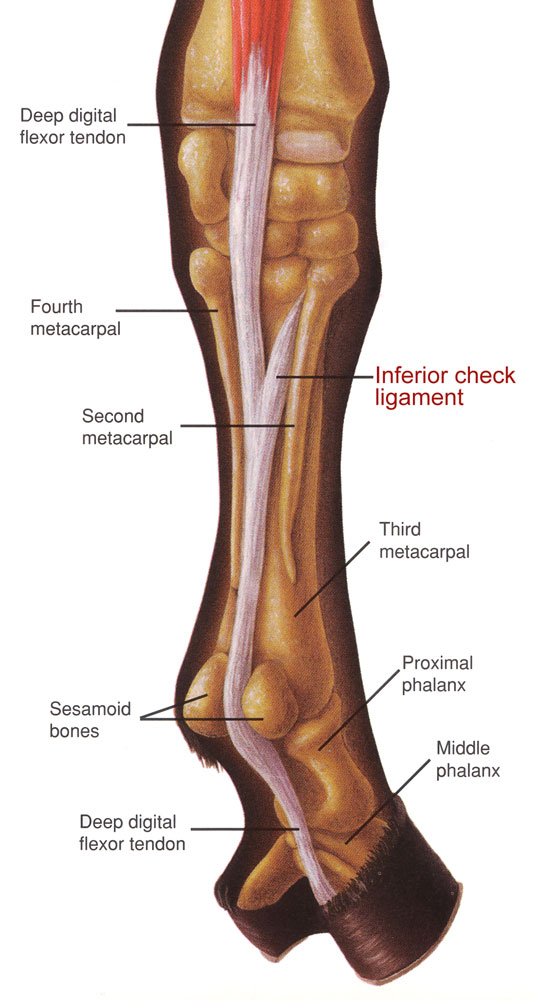How does the rest of your life and the buzzing world around you impact your riding? It may seem like a silly question, but given the events of the last year in Houston (Hurricane Harvey), Puerto Rico (Hurricane Irma) or Las Vegas and the challenges our world generally faces, perhaps it is a worthy inquiry. There are no right or wrong answers to these questions, which can make you think asking them is unnecessary. Yet the outside world will continue to press down on you and have some kind of impact. Do you know what that impact is?
This month—the last month of the year—is about reflection. Reflection tends to be natural as we wind down one year and prepare for the next. Reflection is a lost art these days as our lives have become so busy. We save it for one last week of the year and a New Year’s list soon to be next year’s regrets. We forget to pause, to look, to wonder how we feel about things without having it delivered to us via some sort of media. Reflection leads to many wonderful insights to help us be more intentional in our being. When you reflect, it creates space in your mind and brain—space to think instead of react. It allows the opportunity for letting go of thoughts clogging your mind because sometimes when you sit and connect with what’s going on in your head, it opens it up and then something else becomes available.
Reflecting on how you move through your world and how it pushes you one way one day and another way the next day can help you feel more powerful in the face of it all. People ask me all the time how to get better. What is “better” anyway? I have worked with high performers in almost every sport and with the highest level corporate executives. We are all looking for that magic pill, that secret sauce to make us become great all of a sudden.
It doesn’t exist. What does move performance up is consistency, hard work over time, embracing failures because they will outnumber successes and balanced work that covers all elements of you—not just your performance elements. We are icebergs, all of us, with just the tip visible to others and sometimes even to ourselves.
What is your current style of reflection? And if you think you don’t reflect, I bet you are just not focusing on what you discover when you reflect. There is a growing body of research on mental down time and the perhaps not-so-obvious benefits of quiet thinking time. I know, you are wondering when will you ever find time for that. You actually get some of that during the day when you least expect it. The shower, believe it or not, is a common place for reflection. Walking the dog, grooming or warming up your horse, cooking or cleaning (if you are alone) and while mucking stalls are often great opportunities for quiet thinking.
Any time your mind gets to wander is time you can turn into reflection by simply noticing where it wanders. It comes in many shapes and sizes and doesn’t require hours and hours to do. Reflection requires observation, so observe where your mind wanders this month. What do your emotions do when your outside world gives you negative or upsetting thoughts? What is your physical fear response? We all have one when we read bad news. How do you recover from that? Do you need to sleep, move, cry, talk, be quiet, be surrounded by others or be alone? These are good answers to know so you can care for yourself the best way possible.
Life will never cease to move you around, so the only thing to do is to work to become aware of how to get back to center as quickly and as frequently as you can. My suggestion is to write for 5 to 10 minutes per day. Write about what you observe about how the outside world moves you physically, emotionally and mentally. Awareness is the access to change, so work to bring up your awareness.
Thank you for reading our mind wellness column. It has been an honor to answer your questions and be a part of your journey with you, your horse and your riding. Remember, according to Benjamin Franklin, there are no shortcuts to any place worth going.
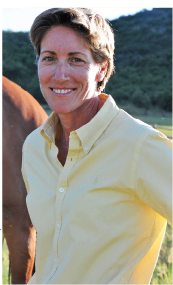
Jenny Susser has a doctoral degree and is licensed in clinical health psychology, specializing in sport psychology. A four-year all-American swimmer at UCLA, she swam on two national teams and at the 1988 Olympic Trials. She has worked with athletes of all sports and ages—collegiate, professional, international and amateur. She was the sport psychologist for the 2010 WEG South African Para-Dressage Team and the 2012 U.S. Olympic Dressage Team. Dr. Jenny is also a performance coach with Human Performance.


